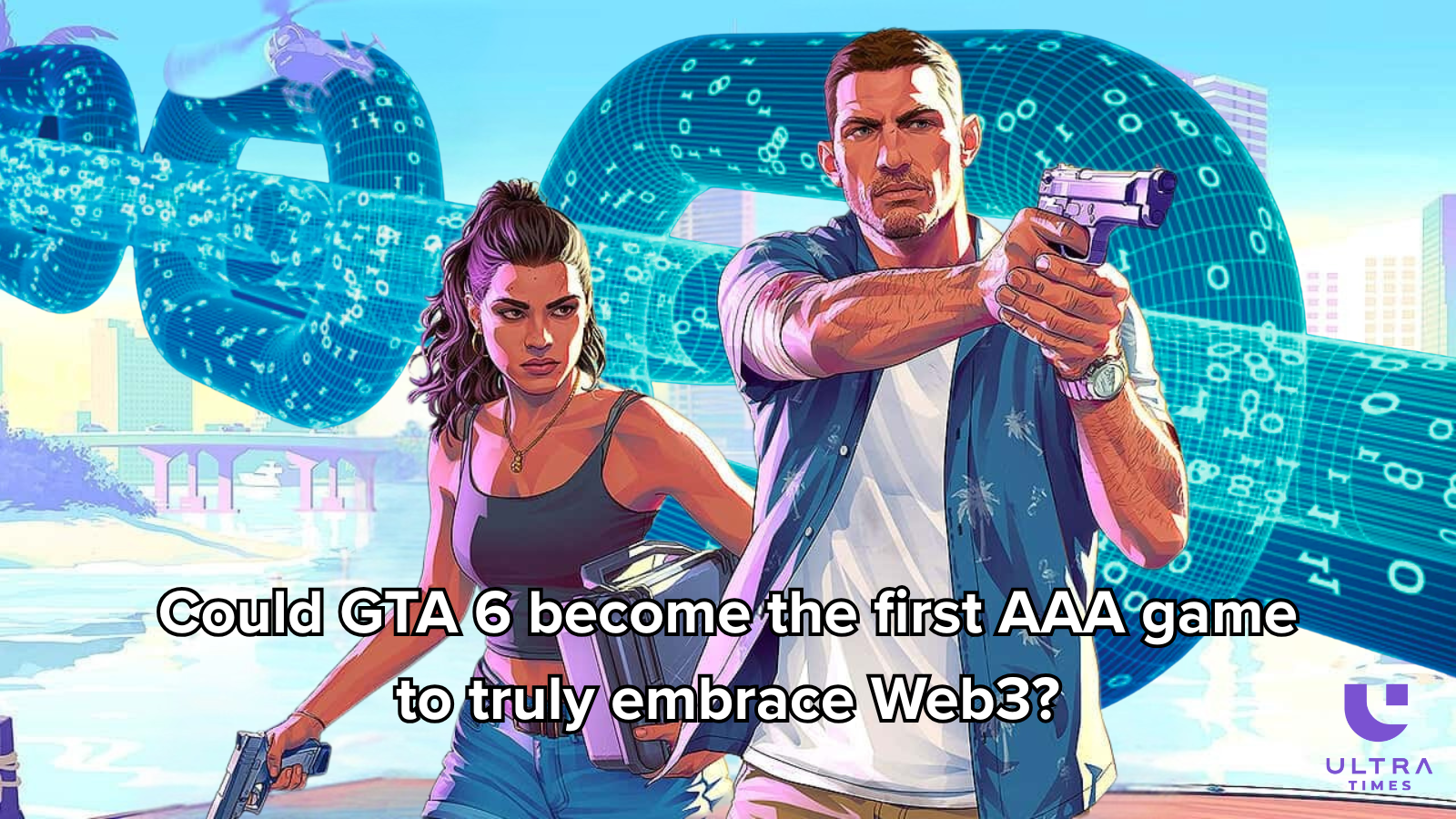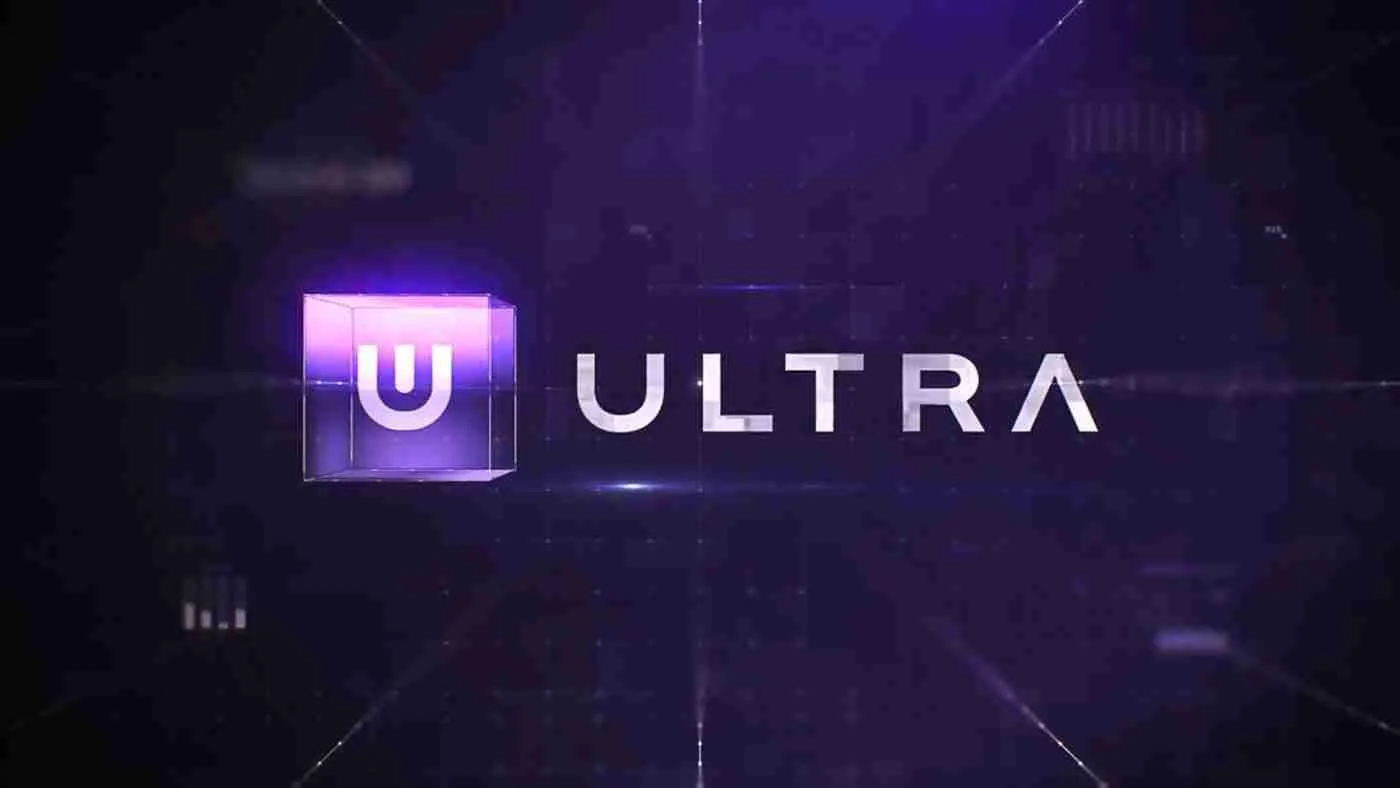The anticipation surrounding Grand Theft Auto 6 is palpable. Every piece of news, every potential leak, ignites the global gaming community. While fans speculate about the map, characters, and story, one underlying technology could redefine the entire experience: blockchain. Far from being just a gimmick for cryptocurrencies, it opens the door to a structural revolution.
This article explores in detail the new gameplay mechanics that blockchain technology could bring to GTA 6, potentially transforming Rockstar's sandbox into a living, decentralized ecosystem governed by its players.
As active players in the Web3 gaming industry, we see an unprecedented opportunity to merge the immersive storytelling of a AAA title with the economic freedom and true ownership offered by Web3. From truly owning your Pegassi Zentorno to managing a Vice City district through a decentralized organization, let’s dive into the innovations that could make GTA 6 much more than just a game.
The Rise of True Asset Ownership Through NFTs
One of the oldest criticisms of virtual goods is their ephemeral nature: you never truly own your skin or your car—you simply rent a license to use them. Blockchain radically changes this paradigm!
Unique and Traceable Assets
In a blockchain-integrated GTA 6, every unique vehicle, luxury property, or even customized weapon could be minted as a non-fungible token (NFT). This NFT wouldn’t just be a simple database entry at Rockstar; it would be a unique digital asset, recorded on a public and immutable ledger.
What would this change in practice?
-
Transferable Ownership: You could sell your sports car collection on external marketplaces like OpenSea, Magic Eden or the Ultra Marketplace for cryptocurrency convertible to real-world cash. Your gameplay time and achievements would have tangible value outside the game's ecosystem.
-
History and Provenance: Each NFT could carry its ownership history. Imagine buying the car used by a famous streamer to pull off a legendary feat. That provenance, verifiable on the blockchain, would add a layer of prestige and value to the item, creating a collector's market within GTA itself.
-
Interoperability: This is the holy grail of Web3 gaming. A vehicle NFT obtained in GTA 6 could potentially be used in other compatible games, creating an interconnected metaverse where your assets follow you.
Fractional Ownership and Collaborative Investment
Tokenizing assets also enables "fractional ownership". A luxury yacht or nightclub in the game, too expensive for a single player, could be purchased and managed collectively. Each investor would hold shares (tokens) of the asset, receiving a proportional share of the generated revenue. This would introduce complex economic and social gameplay mechanics, where groups of players unite to build commercial empires.
Toward a Dynamic and Decentralized Virtual Economy
The Play-to-Earn (P2E) model has shown how games can become sources of income for players. In the context of GTA 6, this could be organically and immersively integrated.
Literally Earning a Living in Vice City
Instead of just earning GTA dollars, players could earn a native cryptocurrency (e.g., $VICE) by completing missions, winning street races, managing businesses, or participating in events. This token would have value on cryptocurrency markets, allowing the most dedicated players to generate real income—a model that has already changed lives in countries like the Philippines with games like Axie Infinity.
Smart Contracts for Tamper-Proof Missions
Smart contracts are self-executing programs that activate when predefined conditions are met. They could revolutionize mission structures:
-
Bounty Missions: A player could create a smart contract to place a bounty on another player’s head. The funds would be locked in the contract and automatically transferred to the bounty hunter once the target is eliminated.
-
Secure Transactions: Buying a business or vehicle from another player would be handled by a smart contract, ensuring assets and funds are exchanged simultaneously and transparently.
-
Gang Logistics: Gang leaders could use smart contracts to automatically distribute loot from a heist among members based on participation, eliminating internal conflicts.
Player Governance: DAOs at the Core of Power
One of Web3’s most powerful concepts is the Decentralized Autonomous Organization (DAO). A DAO is an entity managed by its community, where governance token holders vote on proposals to shape its future.
Imagine entire districts of Vice City functioning as DAOs. Players owning property (NFTs) in a district would hold governance tokens, giving them voting rights over:
-
Local Laws: Allowing or banning firearms, setting speed limits.
-
Taxation: Introducing small local transaction taxes to fund infrastructure or community events.
-
Urban Development: Voting to build a new race track, casino, or park, with funds managed collectively through the DAO treasury.
This mechanic would transform players from mere residents into active citizens, creating political dynamics, alliances, and territorial conflicts entirely governed by the community. Each district would develop its own culture and rules, making the world far more dynamic and unpredictable than any pre-written script.
Persistent Worlds and Immutable Events
Blockchain’s immutable nature means actions can have permanent consequences. Fully on-chain games already explore this idea, where every game state is a direct consequence of player actions recorded on the blockchain.
Applied to GTA 6, this could mean:
-
Unique Global Events: A major event, like the destruction of a bridge during a gang war, could be a one-time, permanent occurrence recorded on the blockchain. The bridge would remain destroyed until the community (potentially via a DAO) pools resources to rebuild it.
-
Real Consequences: Narrative choices could have permanent impacts on the world for all players. If a faction gains control of a factory, that factory might permanently shift production, affecting the entire in-game economy. Inspired by “dynamic events” in games like Guild Wars 2, blockchain would bring persistence and authenticity to a whole new level.
Challenges on the Road to Adoption
Despite its immense potential, integrating blockchain into a game the size of GTA 6 isn’t without challenges:
-
Scalability and Costs: A blockchain like Ethereum can only handle a limited number of transactions per second. With millions of players, this would result in exorbitant transaction fees and unacceptable wait times. Layer 2 scaling solutions like Starknet or Polygon would be essential.
-
User Experience (UX): The general public isn’t familiar with crypto wallets, recovery phrases, or gas fees. Integration must be completely transparent for the average player, who shouldn’t need to understand the underlying tech to benefit from it.
-
Game Balance: Introducing real financial incentives can harm the game experience by encouraging grinding over exploration and fun. Rockstar would need to design the economy carefully so Play-to-Earn remains Play-and-Earn.
-
Regulation: The legal status of NFTs and in-game cryptocurrency earnings is still unclear in many jurisdictions. Rockstar would have to navigate a constantly evolving regulatory landscape.
Ultra: A Blockchain Built for Web3 Gaming
Among the solutions capable of addressing these issues, Ultra stands out as a blockchain specifically built for the video game industry. While Ethereum and Polygon still struggle to deliver a smooth experience for mainstream users, Ultra offers a radically different approach:
-
No transaction fees for players: All in-game interactions are gas-free, removing a major barrier to adoption.
-
No complex wallet setup: Every player account automatically includes a Web3 wallet, completely invisible to the user.
-
Integrated ecosystem: Marketplace, item minting, DAO management, smart contracts—everything is natively built into the platform.
Web3 games like Ashes of Mankind: Citadels, Stadium, and Metahoof are already being developed on the Ultra blockchain, demonstrating the platform’s technical viability.
Rockstar, or any other AAA studio, could leverage Ultra to integrate blockchain mechanics without sacrificing UX or reinventing infrastructure.
Conclusion: Building the Future of Video Games
Integrating blockchain technology into Grand Theft Auto 6 is no longer a fantasy reserved for tech enthusiasts. It’s a real possibility that could set a new standard for open-world gaming. By giving players true ownership of assets, economic influence, and a voice in governance, Rockstar wouldn’t just be creating a game—it would be building a persistent, digital society with its own economic and political challenges.
The challenges are real, but the potential rewards are massive. The studio that succeeds in merging AAA gameplay with the decentralized power of Web3 won’t just dominate the market—it will redefine it!
Ready to explore the next frontier of gaming?
The future of gaming is being built today, and our media is at the forefront of this revolution!
Are you a developer, creator, or investor passionate about the potential of blockchain in gaming? Explore our projects or contact us directly to discuss how we can build the next generation of interactive experiences—together.




